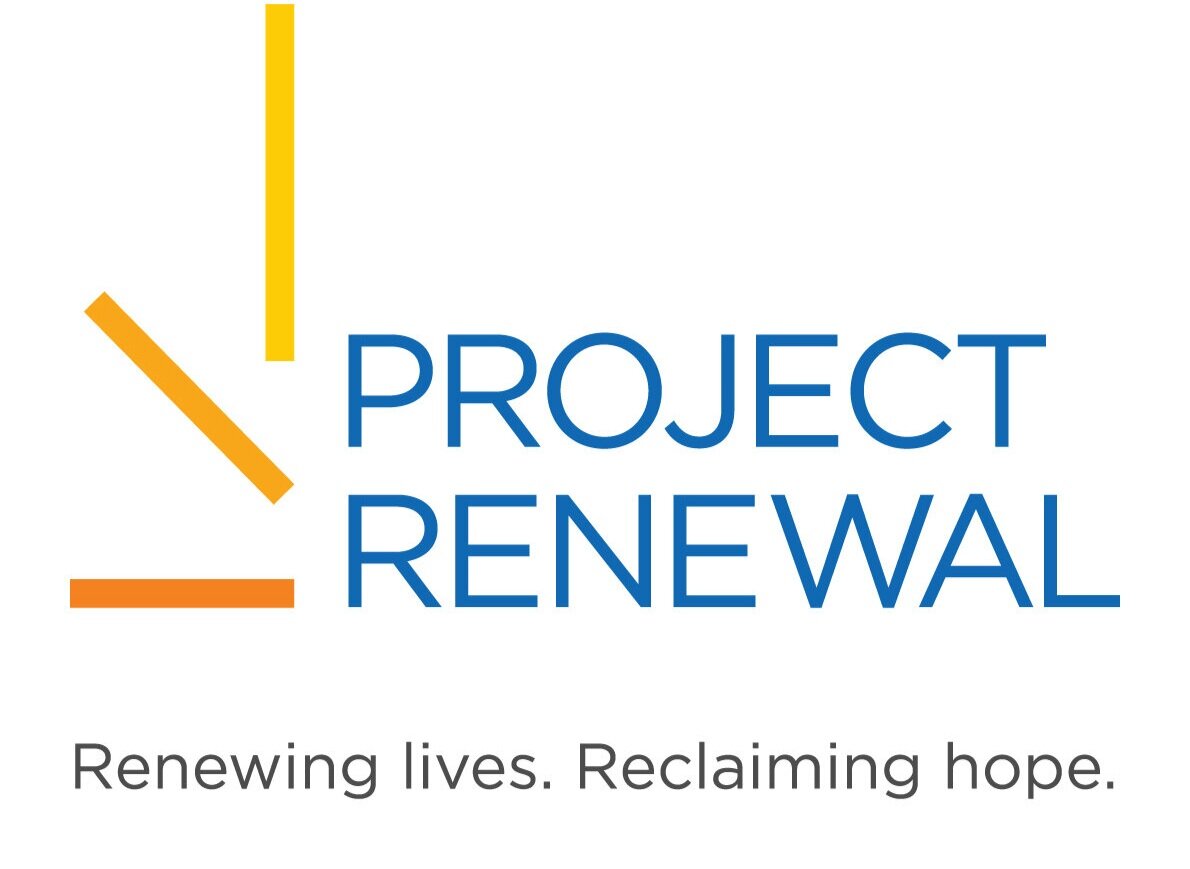History of Innovation
Since 1967, we have pioneered social innovations that provide a lifeline to the most vulnerable New Yorkers, and are now replicated around the nation.
Throughout our history, Project Renewal has developed an unmatched array of integrated programs and services.
We meet homeless New Yorkers WHERE they are, with what they NEED, and WE NEVER GIVE UP on a single one.
First known as Manhattan Bowery Corporation, Project Renewal began life more than 50 years ago as a 48-bed alcohol detoxification program at the then-notorious Third Street Men's Shelter.
This was one of the nation's first successful treatment programs for "public inebriates," coming at a time when arrest and incarceration were society's most common responses to the problem.
Today we continue this pioneering course as a leader in providing health, homes and jobs for homeless New Yorkers with the highest needs.

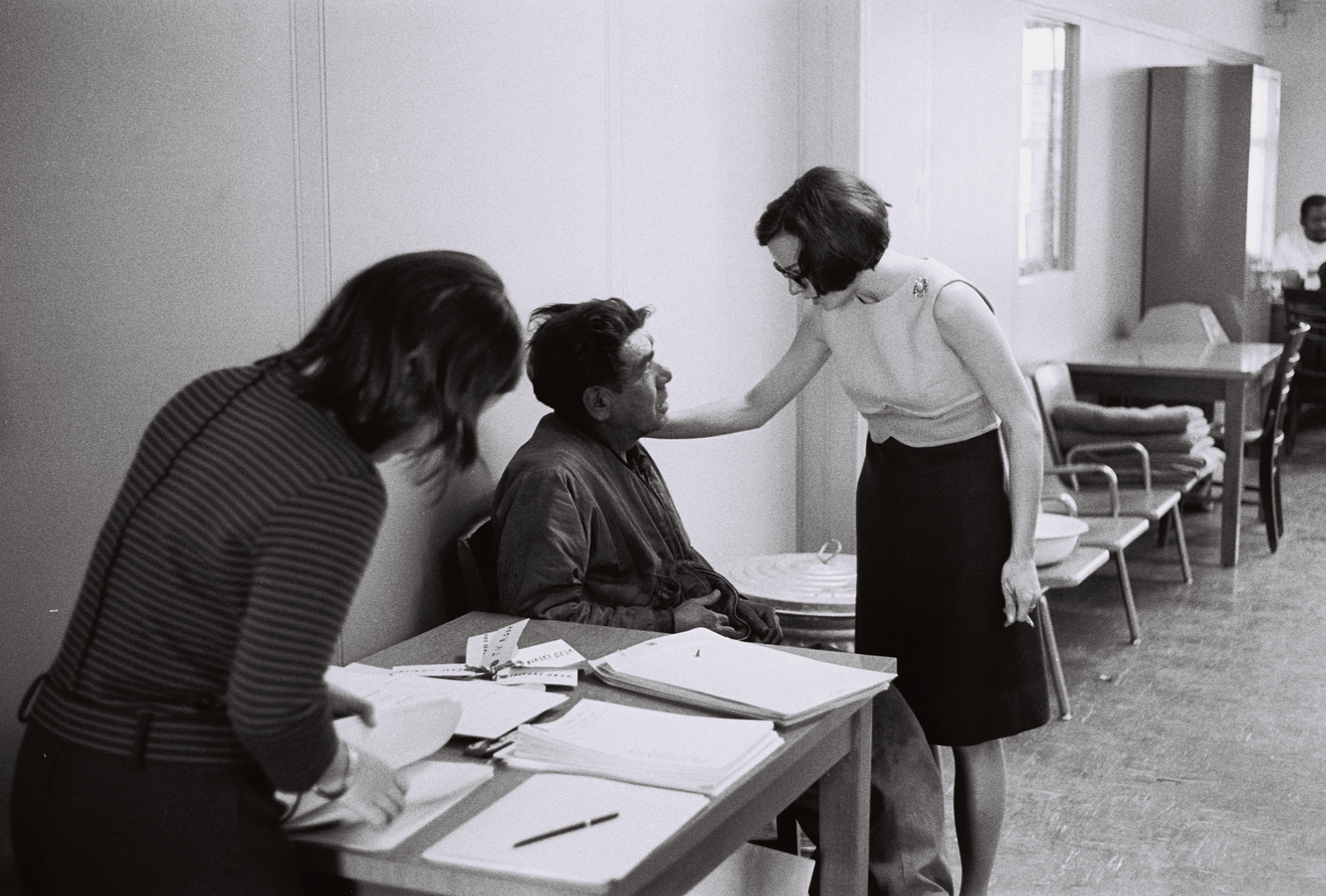
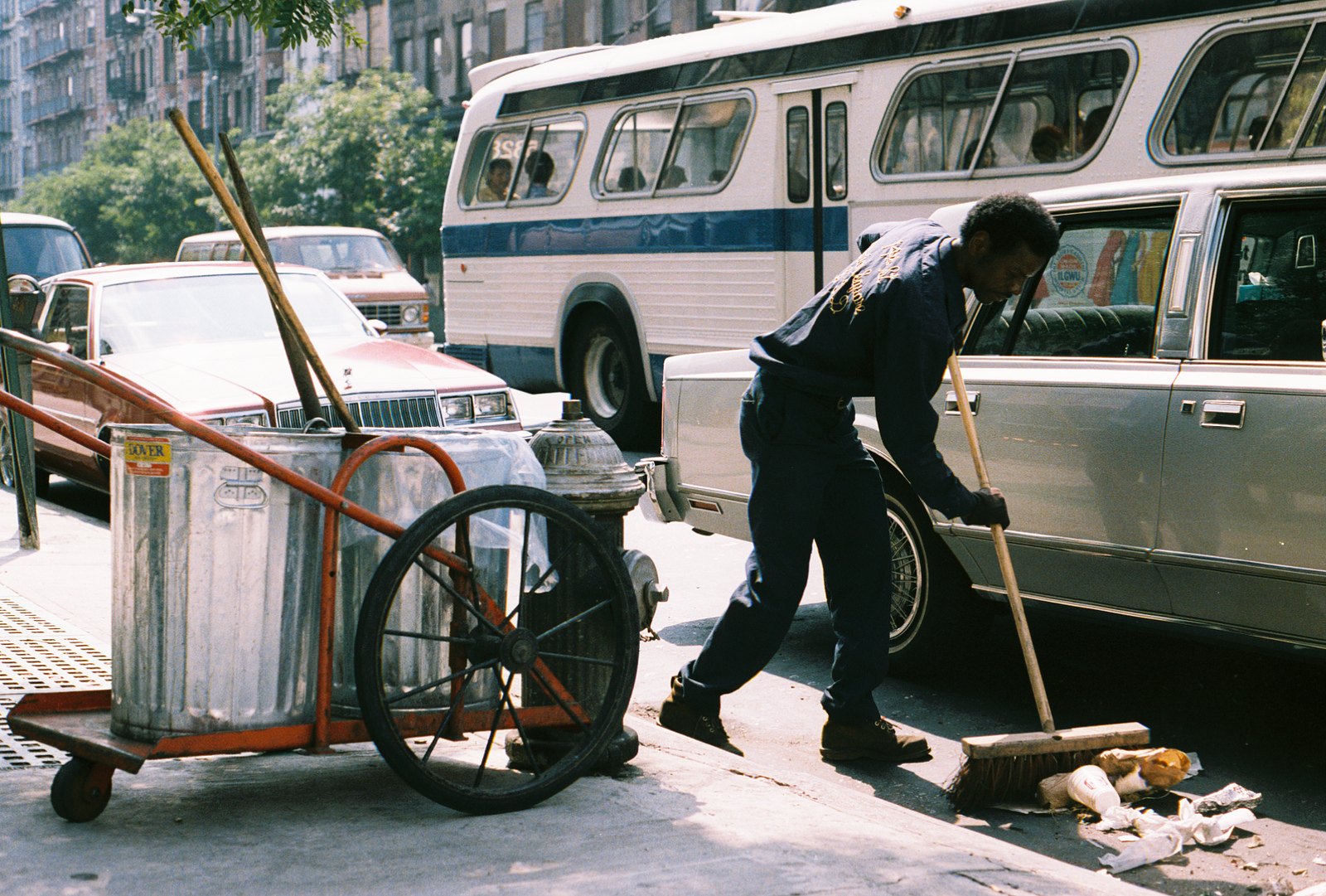
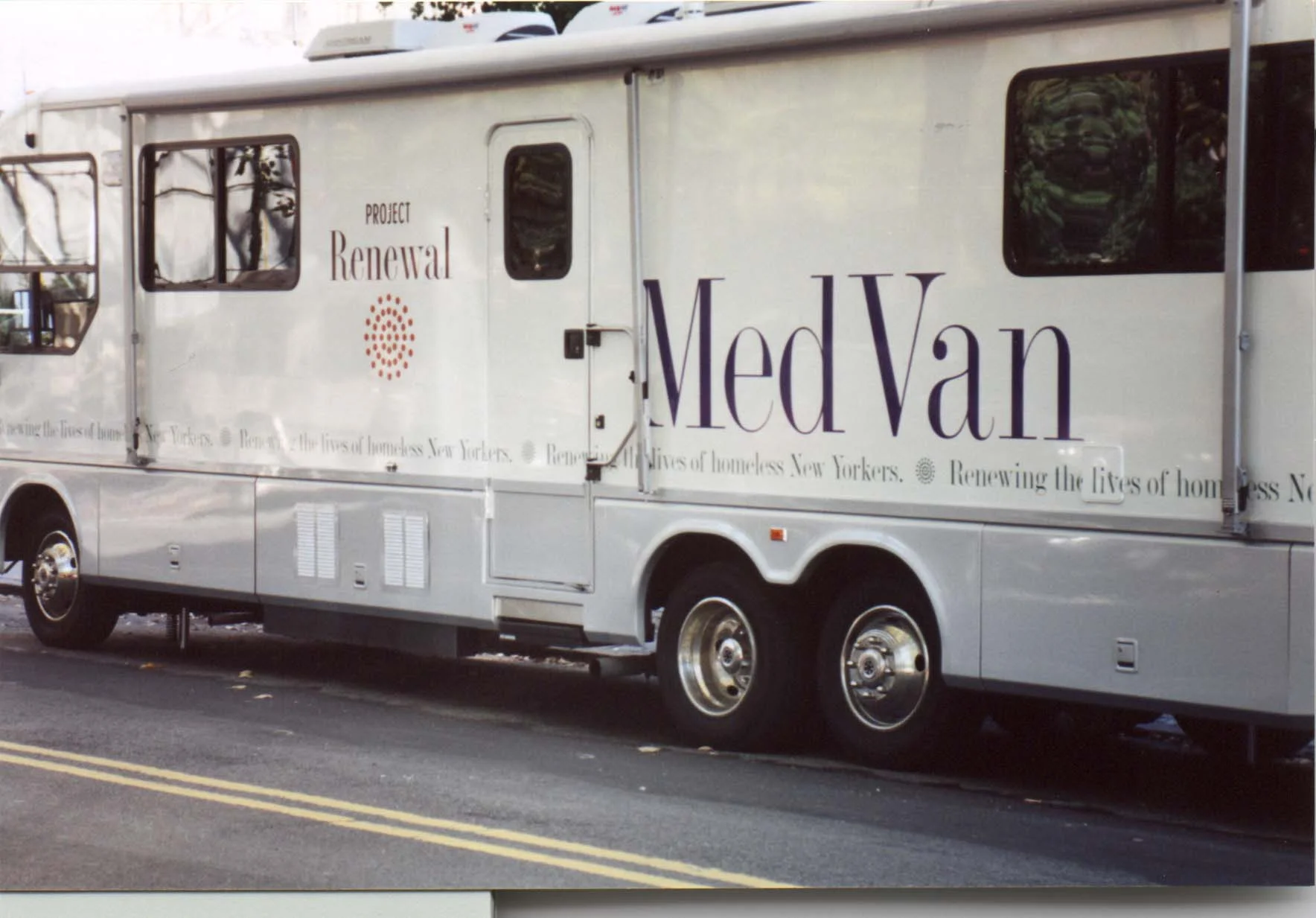
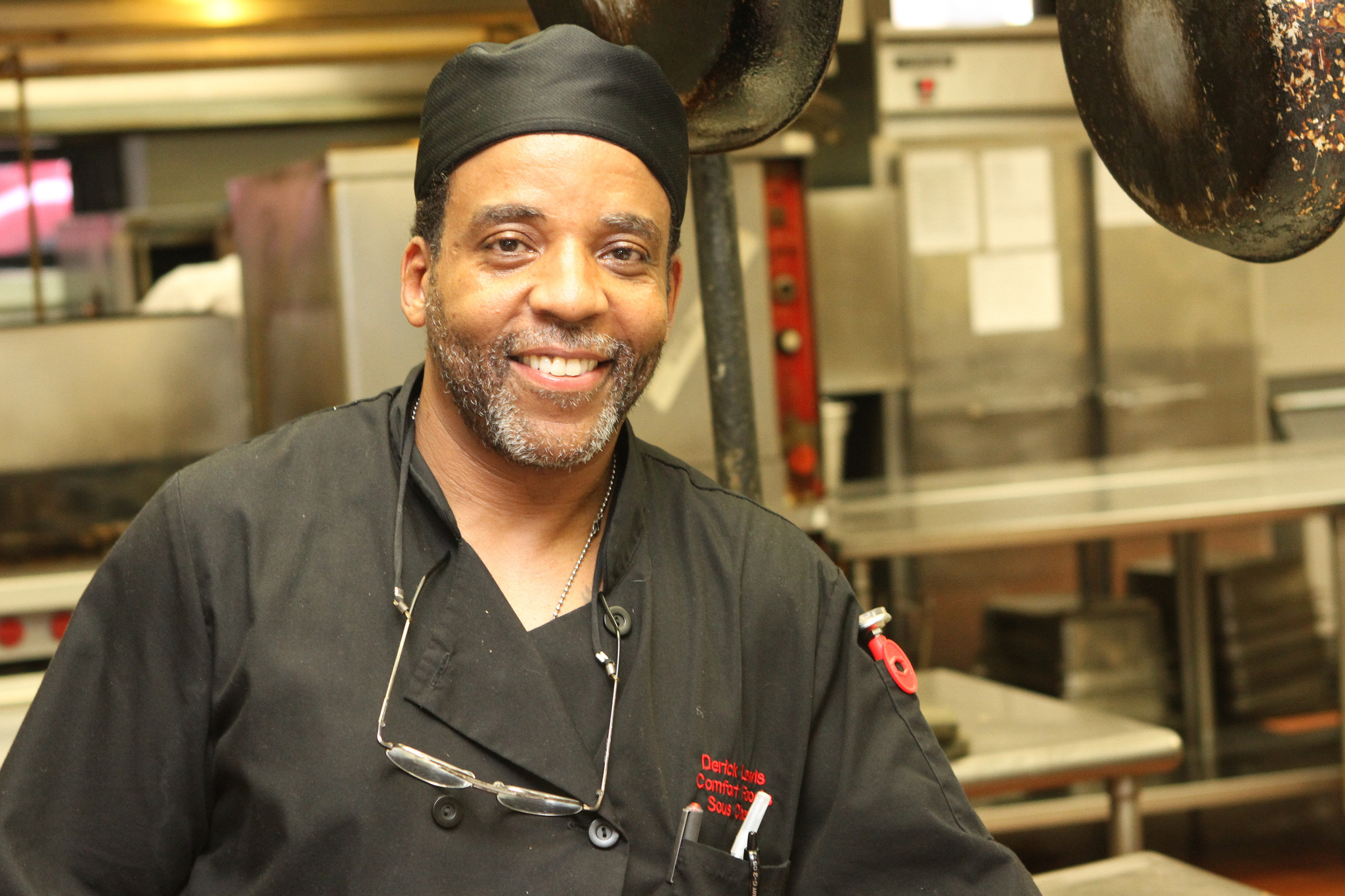

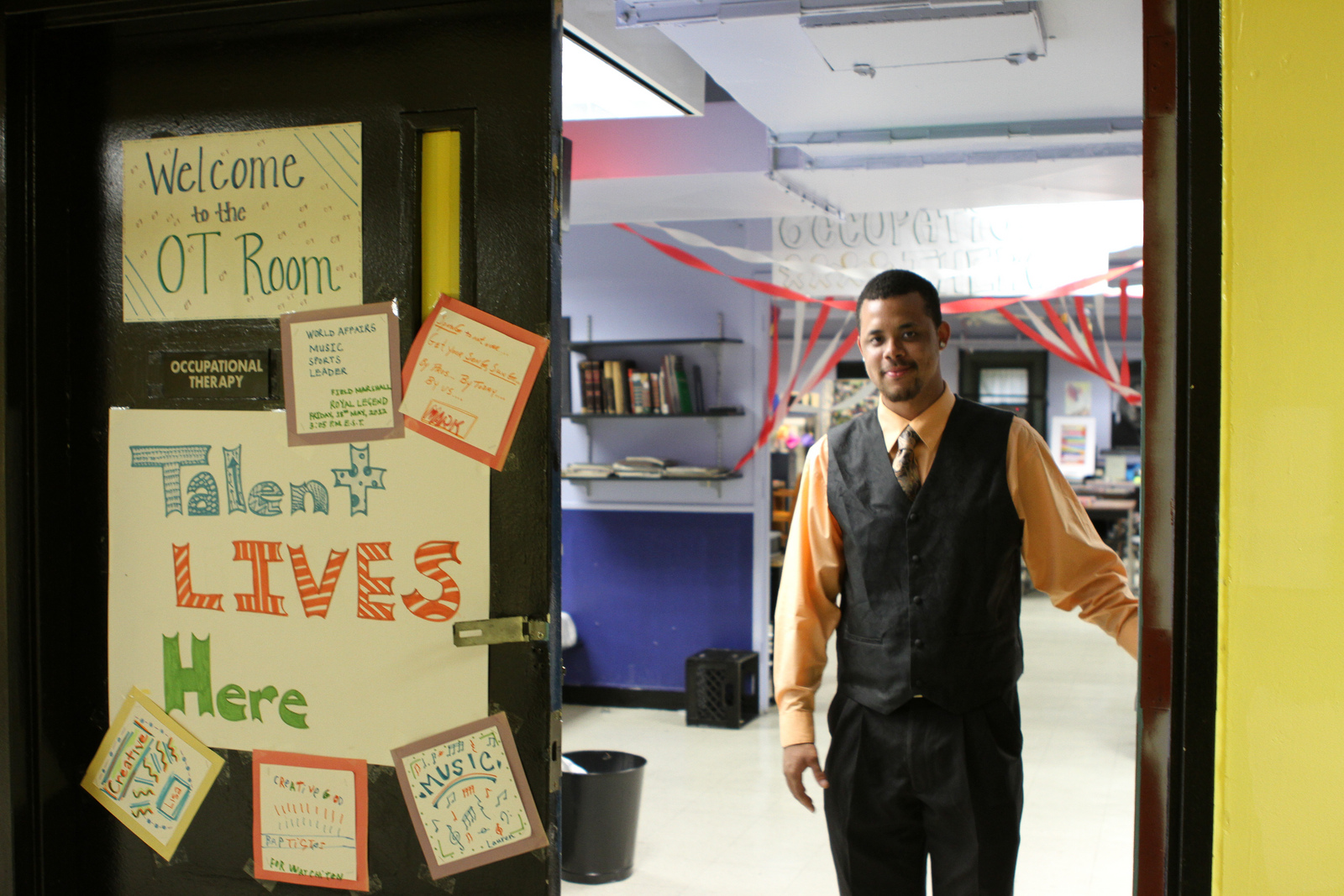

“It was groundbreaking! We would tootle around town in a VW Van, two social workers and a driver. The drop-in centers didn’t have services for this population, which is why we started the mobile psychiatric outreach team.”
Timeline
1967 We open the first voluntary medical detox for “public inebriates” on the Bowery.
1968 We open The Recovery Center, New York City’s first outpatient clinic for homeless adults struggling with addiction.
1970 We open Renewal House, the city’s first residential and work rehabilitation program for homeless alcoholics.
1972 At the Jane West Hotel, we open the city’s first supportive housing program for people in addiction recovery.
1976 New York State decriminalizes alcoholism, a result of our successful work in treating homeless alcoholics.
1976 We open the first non-medical detox center in the United States.
1980 Governor Hugh Carey requests a plan to address the problem of mentally-ill homeless people in the Times Square area, leading us to initiate Street Outreach teams the following year.
1981 We launch Street Outreach teams of social workers who collaborated with police officers to find homeless adults living on the streets and provide them with services.
1983 We initiate the city’s first mobile psychiatric outreach team, staffed by a psychiatrist and nurses who introduce psychiatric care to homeless mentally ill adults at drop-in centers and soup kitchens.
1986 Our New MedVan delivers professional healthcare to homeless adults on the streets and in shelters.
1988 We start A-PLUS, one of eight National Demonstration Programs to provide intensive case management services to women in New York City shelters.
1990 Our Clinton Residence, one of the city’s first transitional housing programs that sought to help mentally ill New Yorkers integrate into the community.
1991 We open the Third Street Men’s Shelter for homeless men with substance use disorders – the first shelter that the City of New York privately contracted.
1995 We open permanent supportive housing at Holland House for 307 formerly homeless and low-income residents.
1995 Next Step, our full-service employment program, helps adults prepare for, find and keep good jobs.
1995 Our Culinary Arts Training Program prepares clients for food service jobs.
1995 We open the Times Square Consortium, one of the first low-demand centers working with mentally ill men living on the streets.
1996 We open the Fort Washington Men’s Shelter, our first shelter dedicated to serving homeless men with mental illness.
1996 We open Renewal Farm, an organic farm and residential addiction recovery program, now located in Garrison, NY.
1997 We start social purpose enterprise Comfort Foods (now called City Beet Kitchens), the only non-profit catering company in New York City.
1998 We open our first women’s shelter, the New Providence Women’s Shelter, to help women overcome substance use disorder, mental illness and homelessness.
1998 Our new Suburban Jobs program connects unemployed New Yorkers to job opportunities in the New York City suburbs.
1999 Job Links helps clients with serious mental illnesses and a history of homelessness to prepare for and obtain competitive jobs.
2001 We open Kenton Hall, the first homeless shelter dedicated to helping people on methadone maintenance treatment.
2001 We begin the Parole Support and Treatment Program, a national model for helping mentally ill ex-offenders reintegrate into the community.
2003 Our Fort Washington Dental Clinic opens, becoming the first permanent dental clinic dedicated to serving homeless and indigent New Yorkers.
2003 In Homes Now places adults with substance use disorders in their own apartments with services to achieve health and sobriety.
2004 St. Nicholas House in Harlem and the Leona Blanche House in the Bronx provide homes and support to 147 mentally ill and formerly homeless adults.
2005 We launch StreetSmart, New York City’s first mobile primary care clinic devoted to serving homeless youth.
2005 We start one of the first formal occupational therapy programs based in a shelter and designed to help homeless adults learn to live independently.
2007 The Detox, the city’s first non-hospital detoxification clinic, offers a new model for providing medical detox services to homeless addicts, with follow-up care.
2007 The ScanVan, the nation’s first mobile mammography clinic, becomes a Project Renewal program.
2010 Our Occupational Therapy program connects Columbia University interns with clients transitioning from homelessness to permanent, independent living.
2011 We open Fletcher Residence, one of the first eco-friendly transitional housing facilities, in the Bronx.
2012 CareVan and Lifeline, two new medical vans, expand our capacity to deliver healthcare.
2012 Veterans Employment & Training Services (VETS) launches to meet the needs of homeless veterans seeking jobs and stability.
2013 En Casa, our first family program, houses 10 families with the head of household in recovery and provides supportive services.
2013 We open Ana's Place, a state-of-the-art shelter serving 108 mentally ill men.
2014 We start a new track of the Culinary Arts Training Program designed specifically for veterans.
2016 We open the East Williamsburg Men’s Shelter, featuring a wide range of services—including occupational therapy—for homeless men over the age of 55 with mental illness and/or substance use issues.
2016 We open Marsha's House, the first shelter in the New York City for LGBTQ young adults, ages 18 to 30.
2020 We open the Support & Connection Center in East Harlem, which gives individuals experiencing a mental health crisis an alternative to jail or the emergency room when they are picked up by the police. The Center offers specially tailored care to these individuals, with the ultimate goal of rehabilitation and stability.
